PSA CPSU NSW women work together for a better world.
The 2024 PSA CPSU NSW Women’s Conference encouraged attendees to inspire inclusion in their workplaces.
Welcome to Country was conducted by Aunty Joan Bell of the Metropolitan Aboriginal Land Council. Aunty Joan talked about her upbringing in Peak Hill, with her family moving “to the scrub” to keep ahead of the Welfare Board trying to take their children.
“If you live in the scrub, you run where you want and no-one is telling you to do this and do that,” she said. “We felt free.”
Aunty Joan urged those at the conference to show respect for other people and the land and animals that share the country with them.
Chair of the Women’s Council, Leanne Smith, then welcomed attendees, outlined the theme and encouraged members and Delegates to mix and network with other women members.
“Talk to someone you’ve never met,” she said.
In a short message to women present, PSA CPSU NSW General Secretary Stewart Little praised members in Community Services for success in getting attention to a workplace in crisis.
Mr Little drew a direct correlation between union coverage and equality in the workplace.
Former PSA CPSU NSW President Sue Walsh gave a eulogy for Janet Good, the trailblazing unionist who paved the way for the inclusion of more women in senior roles in the union. Ms Good was the first woman to be PSA CPSU NSW President, and the first person to fill both the President and General Secretary roles.
Ms Walsh recalled meeting Ms Good early in her career and said how her mentorship prepared her for a life as an active unionist. She added Ms Good was one of the reasons the PSA took an integral role in getting women in schools out of temporary roles.
Ms Walsh praised Ms Good’s intellect, saying “she was an awesome negotiator”, her great dispute resolution skills; her mentorship for women “to help women navigate challenges”; with her scorn usually reserved for Departmental Secretaries.
Her presentation ended with one minute’s silence.
Current PSA CPSU NSW President Nicole Jess reiterated Ms Walsh’s message on inclusion, saying “Janet Good is a perfect example of what can be done when women stand up for other women”.
Ms Jess urged people to take from Delegates’ “amazing stories and to draw inspiration from each other.
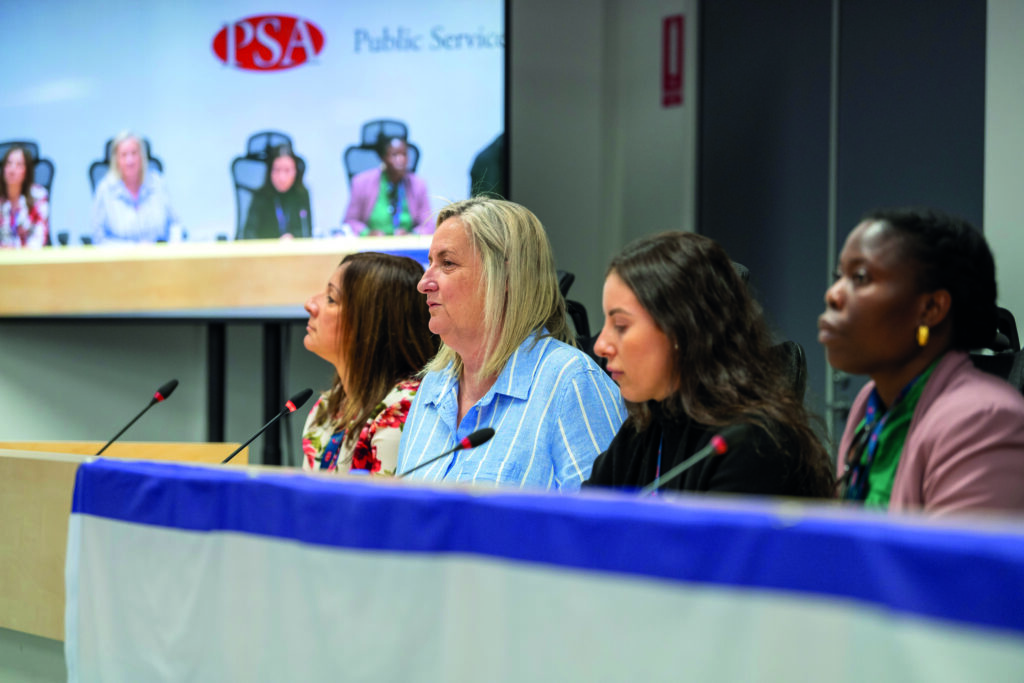
“Let us lift one another up; our voices need to be heard. Together we can create a tapestry of inclusion.”
Former Australian national football goalkeeper Lydia Williams kept to the theme, talking about how sport helped her feel included as a shy girl moving to a new city after living between “white culture and black culture” as she was raised by an Aboriginal father and American mother who were missionaries in outback Western Australia.
Ms Williams took the audience through her 35-year path from junior football after her father’s death to the 2023 Matildas’ World Cup squad.
“I didn’t know what to do with myself during the grieving process,” she said. “I did the only thing I knew how to do, which was to put it into sport. Friends in football were there to support me. Eight months later I was called into my first Australian camp.”
It was as a national representative that Ms Williams saw that women were struggling with a role that required full-time commitment on less than a part-time wage. The Matildas at the time were paid $21,000 a year.
She was a leader in a strike leading up to a game against the better-paid American women’s team. Once a better pay deal was agreed to, she said, the team rewarded its employer, Football Australia, with better results, beating the US for the first time, qualifying for the 2019 World Cup, the 2020 Olympics and getting to a record-high semifinal place at the 2023 World Cup.
In 2019, the Matildas received equal pay with the national men’s team, the Socceroos.
Ms Williams talked about the women in the game who had inspired and included her in the family of players at the top level of the game, including the senior women in the Matildas and famed American player Abby Wombach.
She said at her national debut in 2005, even she had never heard of the Matildas. By the time she retired in 2024, her last game was in front of 75,000 people, and the Matildas are the country’s most popular national team.
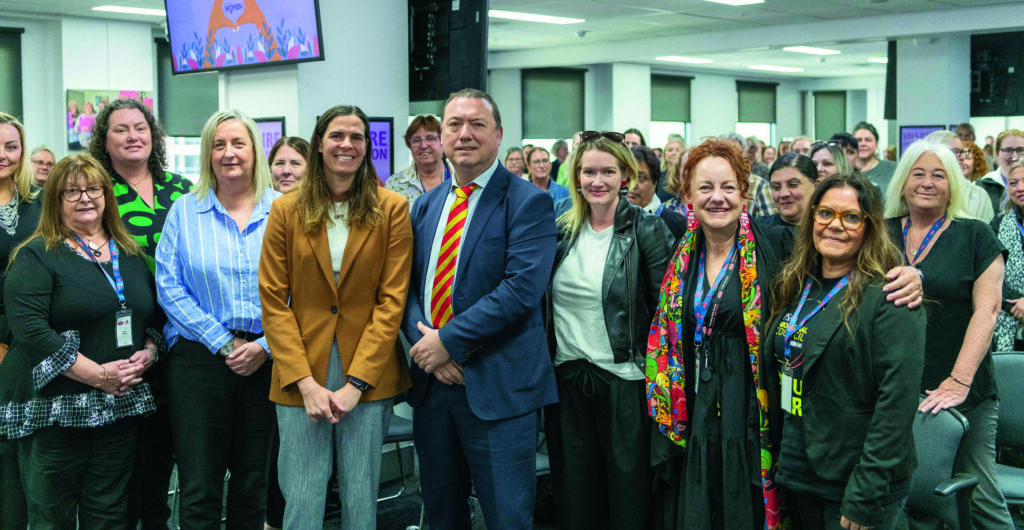
General Practitioner Fiona Mackintosh from PSA CPSU NSW partner Osara Health followed Ms Williams with a more sobering presentation about the type of cancers that typically affect women.
Anastasia Polites from Aware Super moved the discussion from physical health to financial wellbeing, covering Australia’s deplorable superannuation imbalance.
“Women in other disadvantaged groups, such as Aboriginal women, face further disadvantage,” she said.
Ms Polites said the simplicity of super means it continues to reflect wage inequality through society, with hiring and pay decisions, insufficient flexibility and disproportionate levels of unpaid caring and domestic work all contributing to this imbalance.
She said the good news is that the gender pay gap is shrinking, something “attributable to some of the union wins we’ve had in the past”.
“We want super on unpaid parental leave,” said Ms Polites, adding the Queensland Government had plans to do this. “And we want to redirect savings to people with low balances.”
She said reporting requirements “have certainly shaken up the finance industry”, but more work is required in “female-dominated industries” which are disproportionately lower paid, as well as addressing stratospheric housing costs.
Ms Polites was followed by a panel of members. Danielle Pinchas from Corrective Services talked about her charity From Me to You (www.frometoyou.com.au)donating blankets to comfort women who have experienced stillbirth, taking the audience through her own heartbreaking experience of losing children at birth.
Dilsat Seyis from Community Services outlined the PSA’s fight to keep the Mount Druitt Domestic Violence service open, as well as the trauma of working in such a harrowing field.
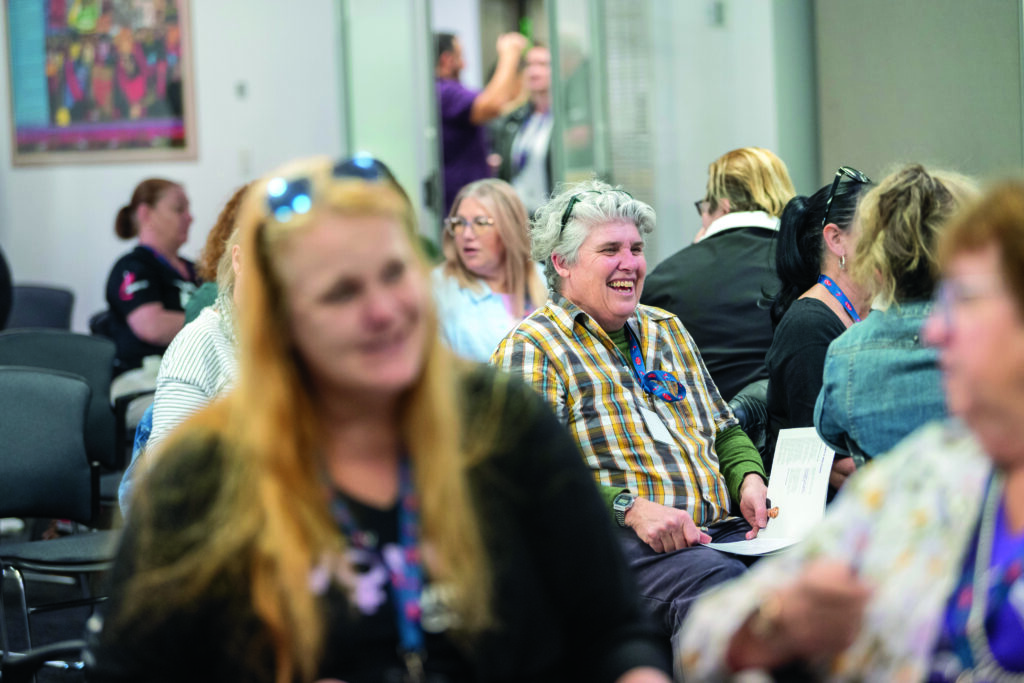
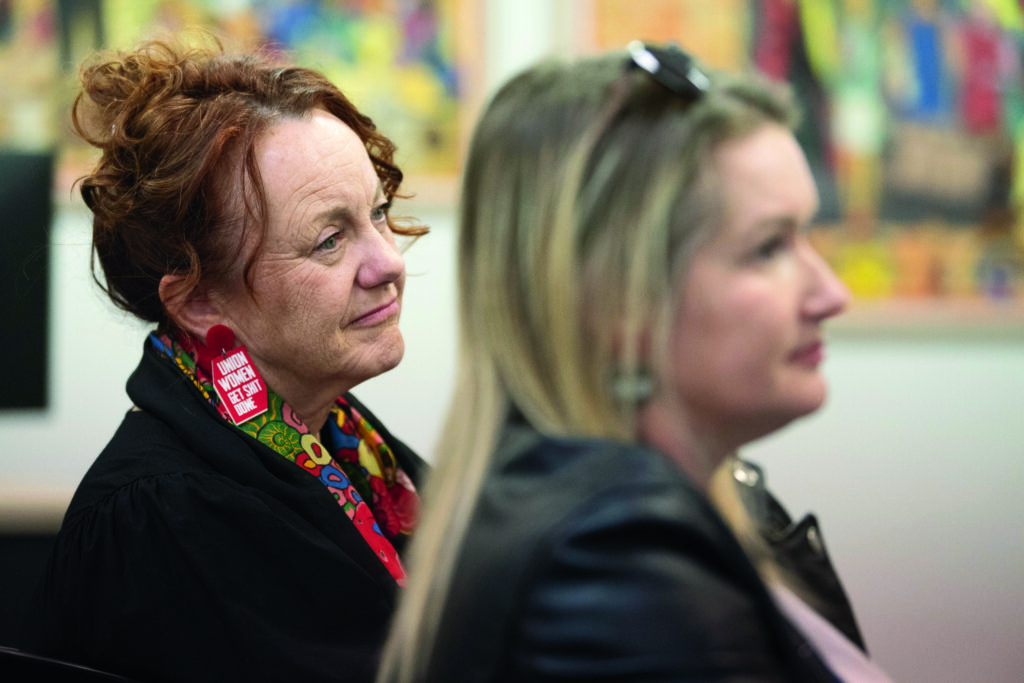
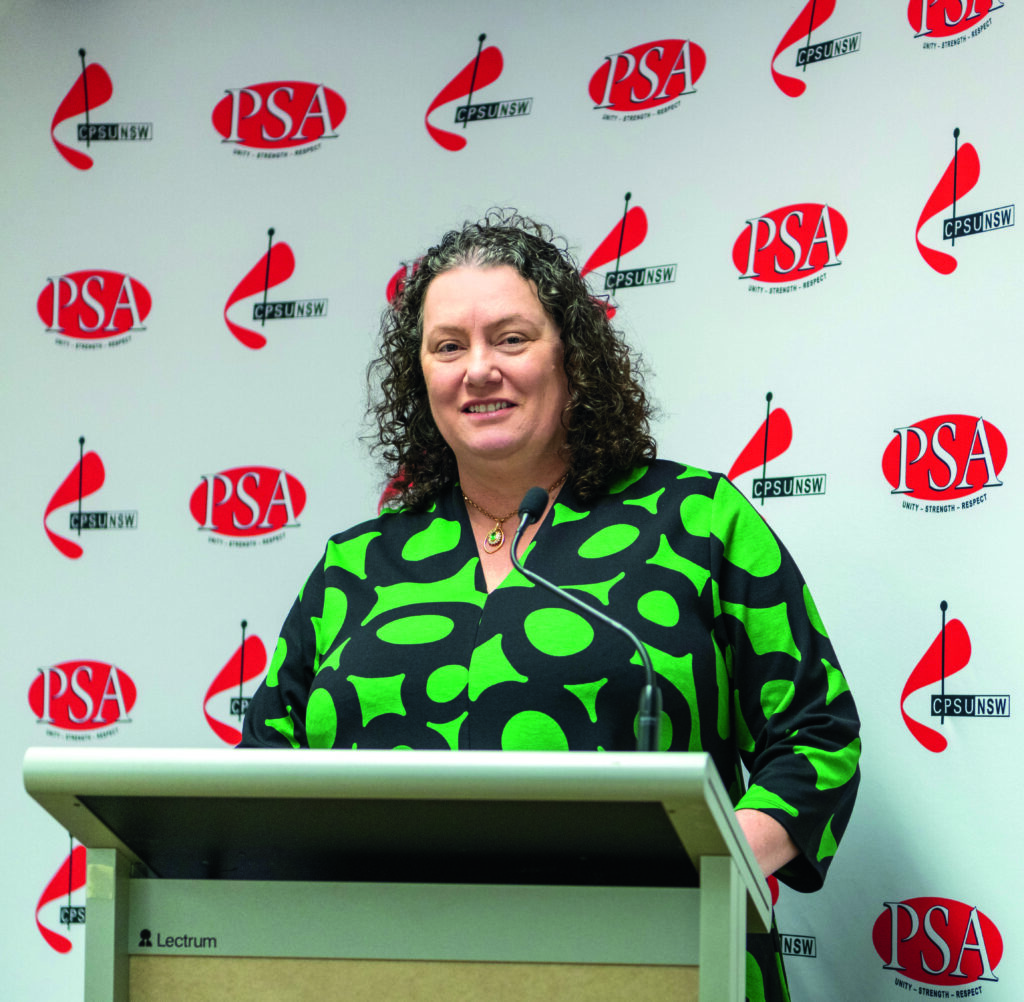
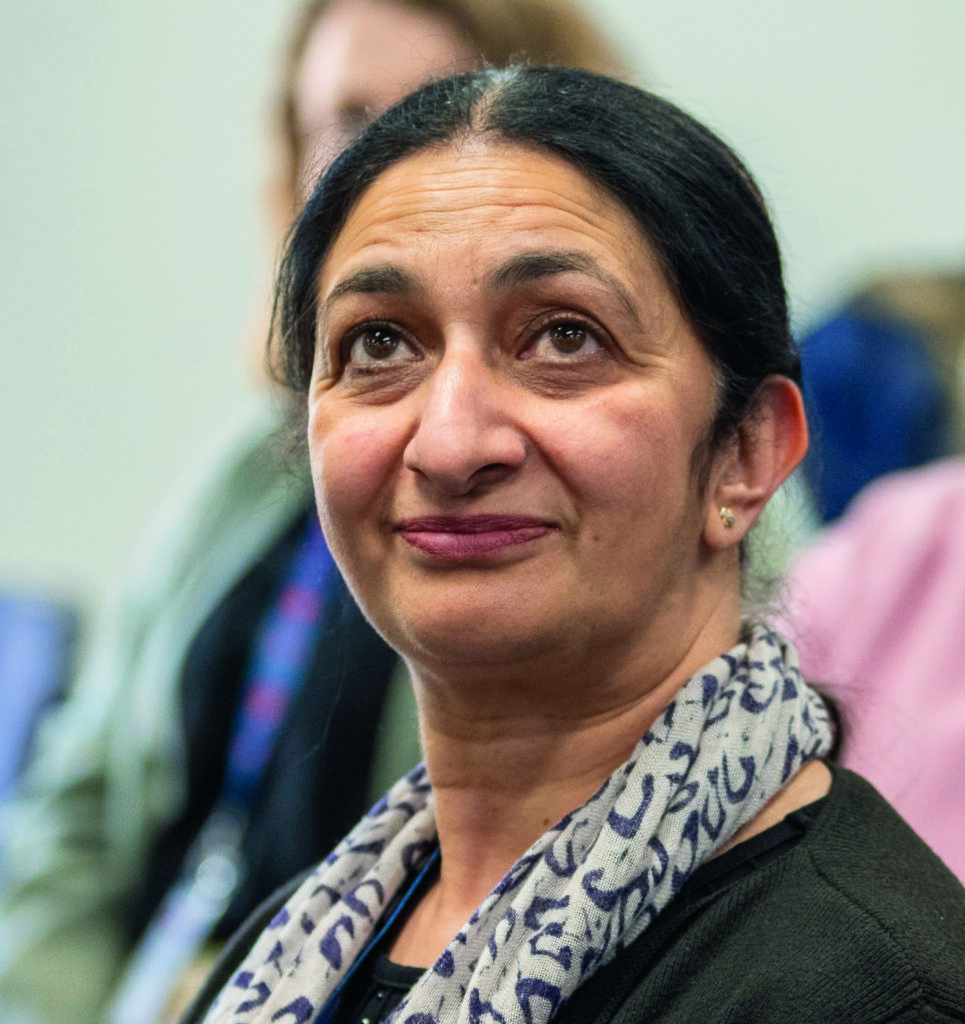
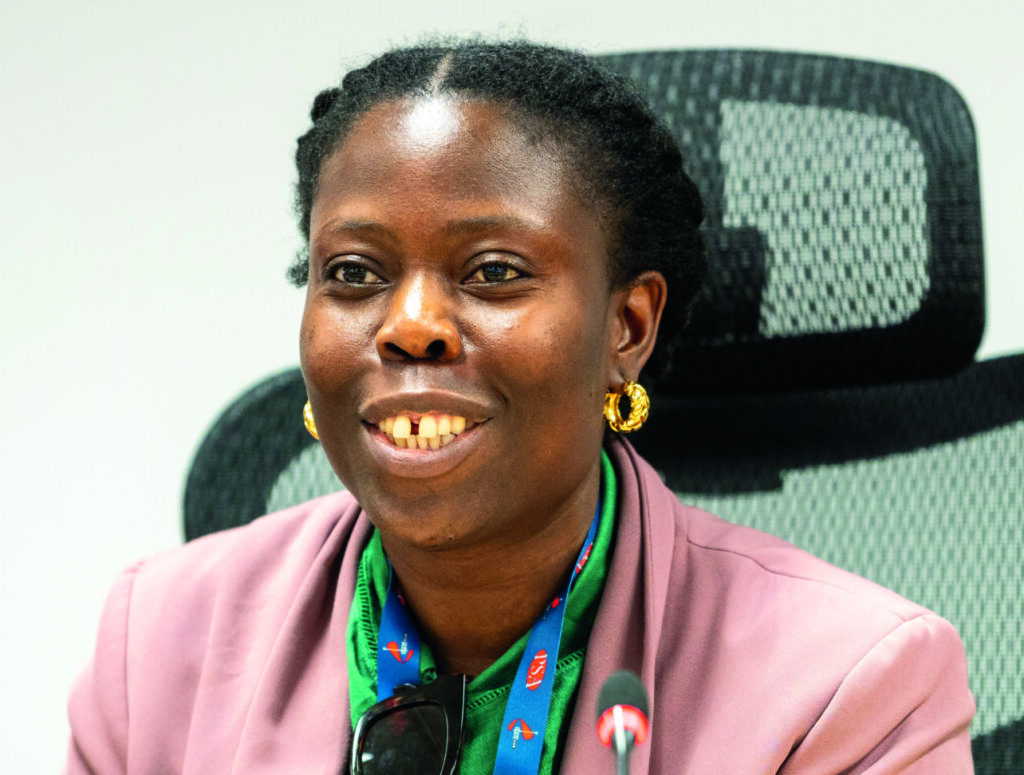
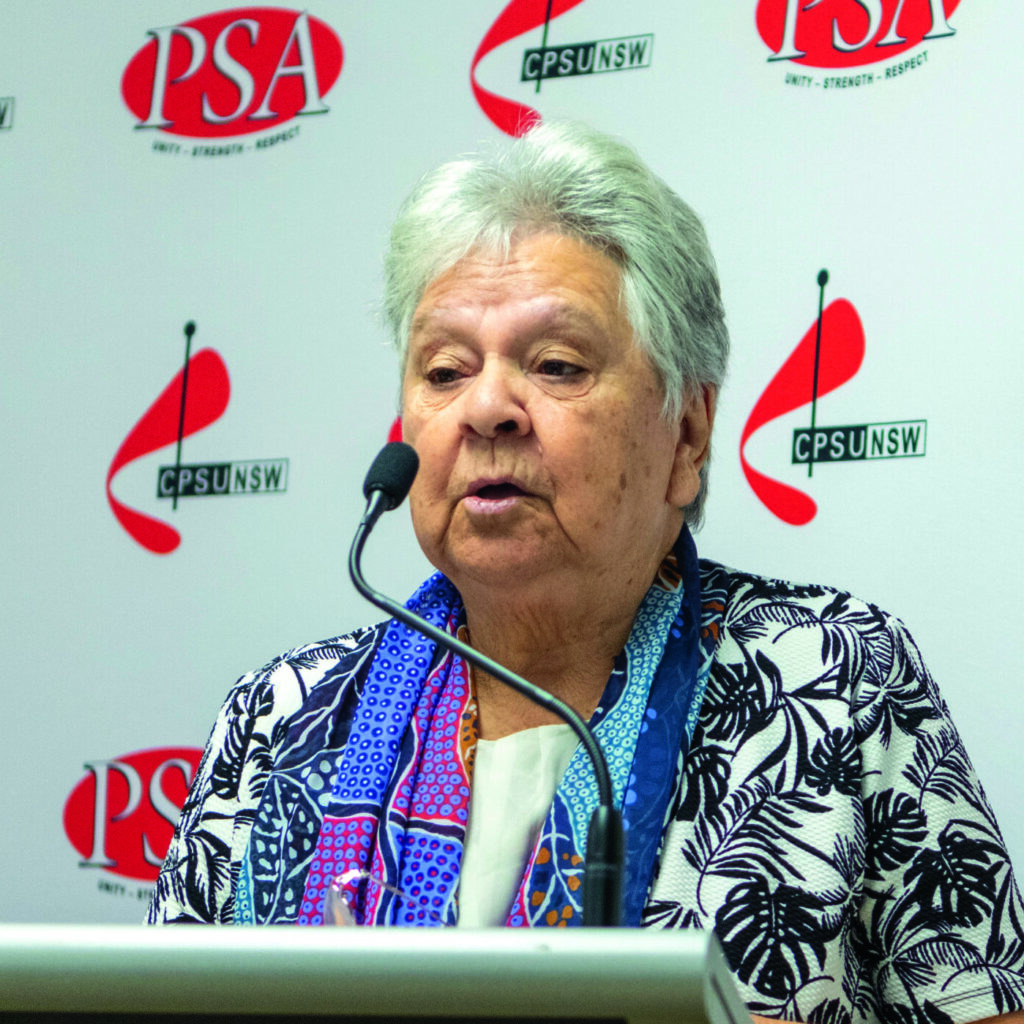
Charity Danquah from the Department of Education discussed her work on bodies such as Immigrant Women Speak Out and charities set up to combat domestic violence. She went into detail on how tough it is to operate on limited budgets.
“Even if we don’t have the money, we are still going to show up as there are people who rely on us,” she said.
Gender Equity Specialist Monica Rose followed with a presentation on issues such as using a people-centred approach for those being sexually harassed at work. She advised Delegates dealing with sexual harassment in the workplace to refer people to professional services rather than taking on all the work themselves and encouraged support for carers and those with caring responsibilities.
Turning to the Status of Women “report card” issued by the Federal Government, Ms Rose said there is much to do with closing the gap on how much unpaid caring responsibilities lie with women, who still on average do an hour a day more than men.
The last speaker on day one was motivational speaker and author Toni Powell, whose book The Yellow Car goes into strategies about letting go of stress and anxiety in a humorous way. In her presentation, she encouraged people “to focus on the beauty, gratitude, the joy and the kindness that can transform your world in a matter of weeks.
“The more positives you notice, the more beautiful your life becomes. There is a role for stress – it helps us – but it needs to be controlled.
“When we are in a negative frame of mind, every problem becomes about 30 per cent bigger.”
The following day, PSA CPSU NSW Aboriginal Council member Shanice Leadbeatter talked about her childhood in the Riverina. She was taken from her mother straight after she was born, only to be given back several weeks later as “my mother was not in a relationship with my Aboriginal dad, so the government decided I was to be returned”.
“I was one of the lucky ones,” she said.
PSA CPSU NSW Industrial Manager Siobhan Callinan then chaired a forum of PSA CPSU NSW Organisers about “building structure and networks, getting new members and winning for the union”.
Belinda Tsikiris talked about how her inspiration to become a Delegate stemmed from an earlier women’s conference, then discussed how the Child Protection walkouts unfolded throughout NSW.
She said Organisers inspired each site’s participants by showing videos of previous walkouts. This action culminated in a statewide strike on the day before Women’s Conference.
“We had really great coverage throughout the state,” she said. “It was about standing together and being hopeful about change.”
Ms Tsikiris said there had been “smaller wins” on issues such as bullying and toxic workplaces, as well as the PSA’s prevention of the closure of the Mount Druitt Domestic Violence unit.
Regional Organiser Rebecca Reilly talked about the success of the Child Protection action in the Northern Rivers region, praising the high membership rate in the area.
She also discussed how recruiting took place when the privately run Clarence Correctional Centre opened. As a greenfield site, the CPSU NSW needed a majority of workers to sign up to get coverage of the site.
“When Serco started, the Correctional Officers were on $21 an hour,” she said, pointing out the campaign got this increased to $30 an hour.
Organiser Susan Chee Quee outlined challenge of recruiting members in schools across more than 2000 sites and talked about the pay equity decision as a huge win for working women in an increasingly professional section of the Public Sector.
“Educating a non-member is really important for recruiting,” she said. “I believe in talking about how the union has helped you.”
Organiser Kim Villanti discussed how the PSA scored a massive with at the Office of the Director of Public Prosecutions over unpaid overtime.

“The fight isn’t over yet,” she said. “We have recruited well in this campaign.”
She said the case will be used as a template for similar issues elsewhere in the Public Sector
“This campaign is a perfect example that proves the power of the union,” she said. “And we can’t do it without our amazing delegates.”
Fittingly for someone outlining a report on working from home and hybrid arrangements, University of NSW Associate Professor Sue Williamson delivered her talk remotely from Canberra.
“Return-to-office directives don’t work,” she said, citing the recent talk on the issue generated by Premier Chris Minns. “Forcing people back into the office just breeds resentment. It is a blunt instrument.”
She said employers “need to make offices more attractive” and cited team-building activities such as axe-throwing and bowling that were popular in Canberra worksites.
“Working from home particularly suits women with disabilities and women carers.
“Stereotypes about what a good worker looks like are slowly starting to change, with less focus on people spending a long time in the office.”
Professor Williamson said once they saw productivity was maintained during the pandemic when people worked from home in greater numbers, managers are becoming more accepting to the idea of people working from home.
“Managers are increasingly focused on outcomes rather than output or the hours worked,” she said. “They just want to know if things are getting done.”
Professor Williamson said “autonomy and trust are key components of hybrid working” and that there had been a surprising lack or surveillance of employees in Australia in hybrid working arrangement.
“Inspire Inclusion was the theme of this year’s Women’s Conference, but I like to think every year our union inspires women to play a greater role in our workplaces,” said PSA CPSU NSW President Nicole Jess. “Inclusion benefits everyone on the workplace.
“Conference once again gave us the chance to exchange ideas, hear from experts and support each other as women in the union movement.”
Closing the conference, Women’s Council Chair Leanne Smith urged attendees “to go back to our workplaces to inspire inclusion”.
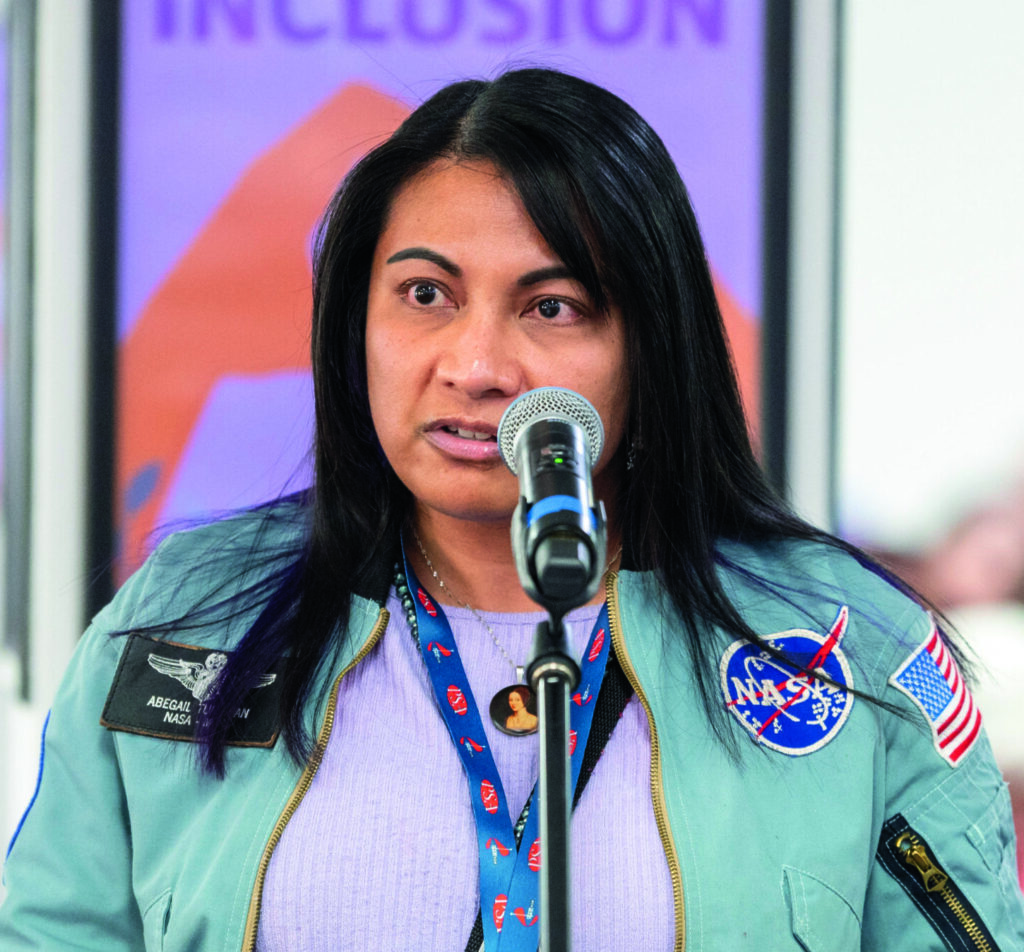
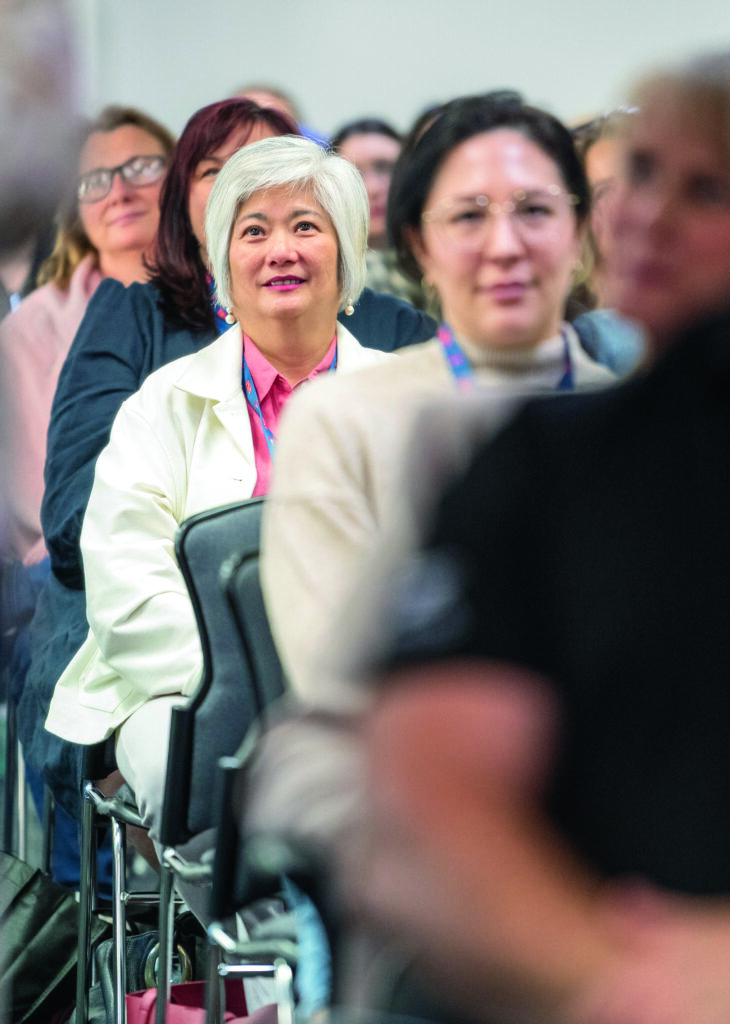
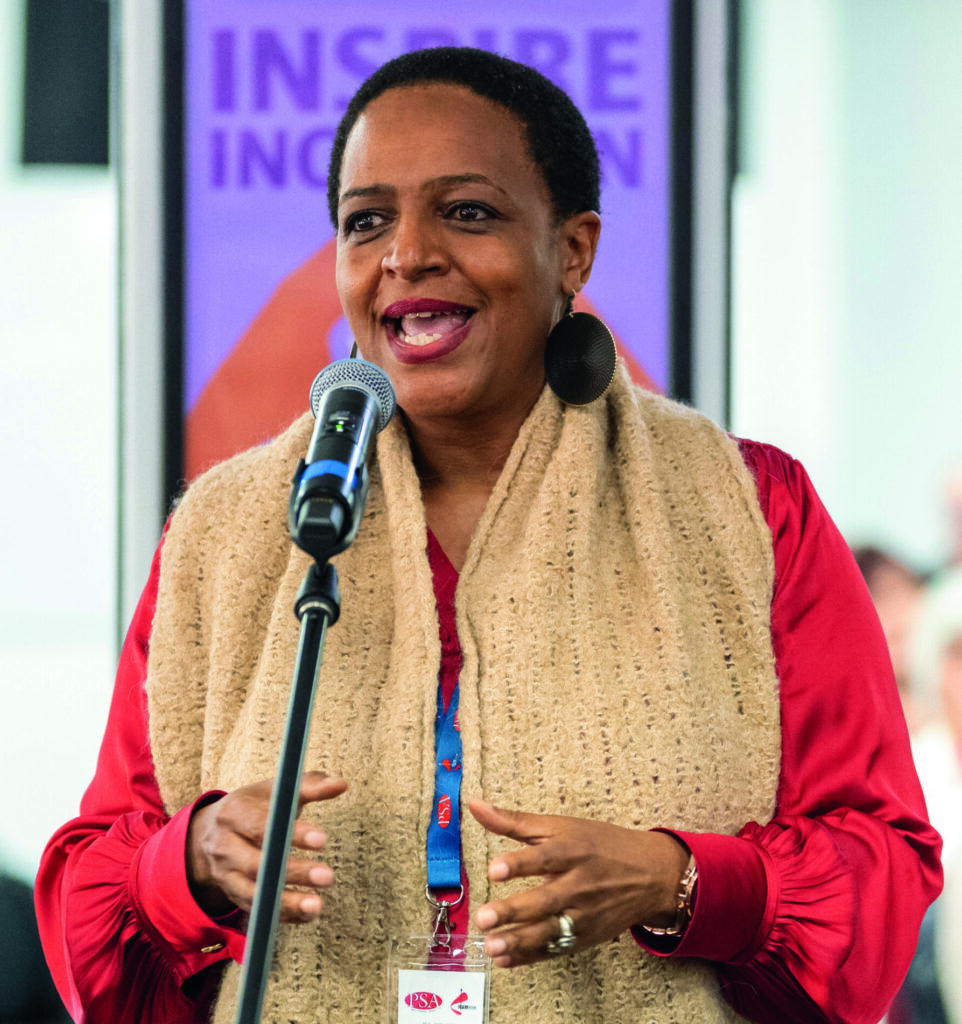
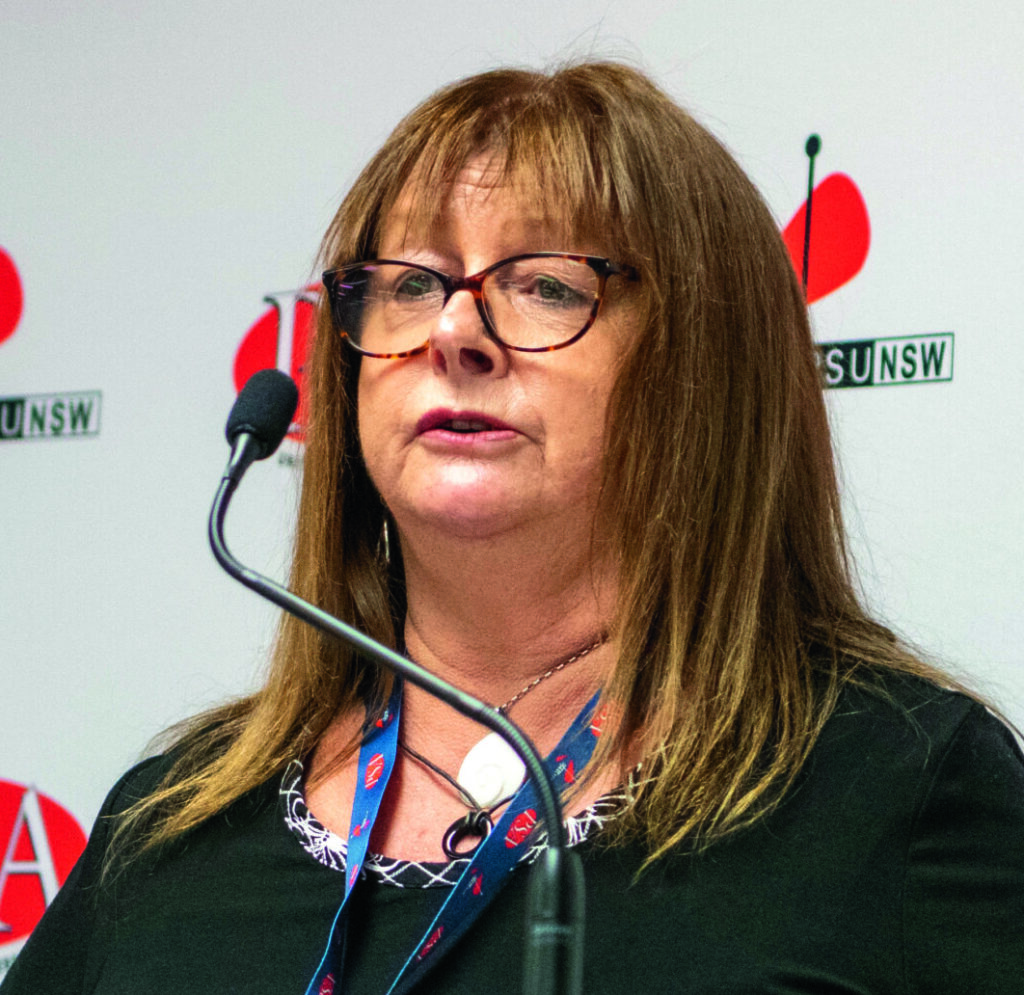
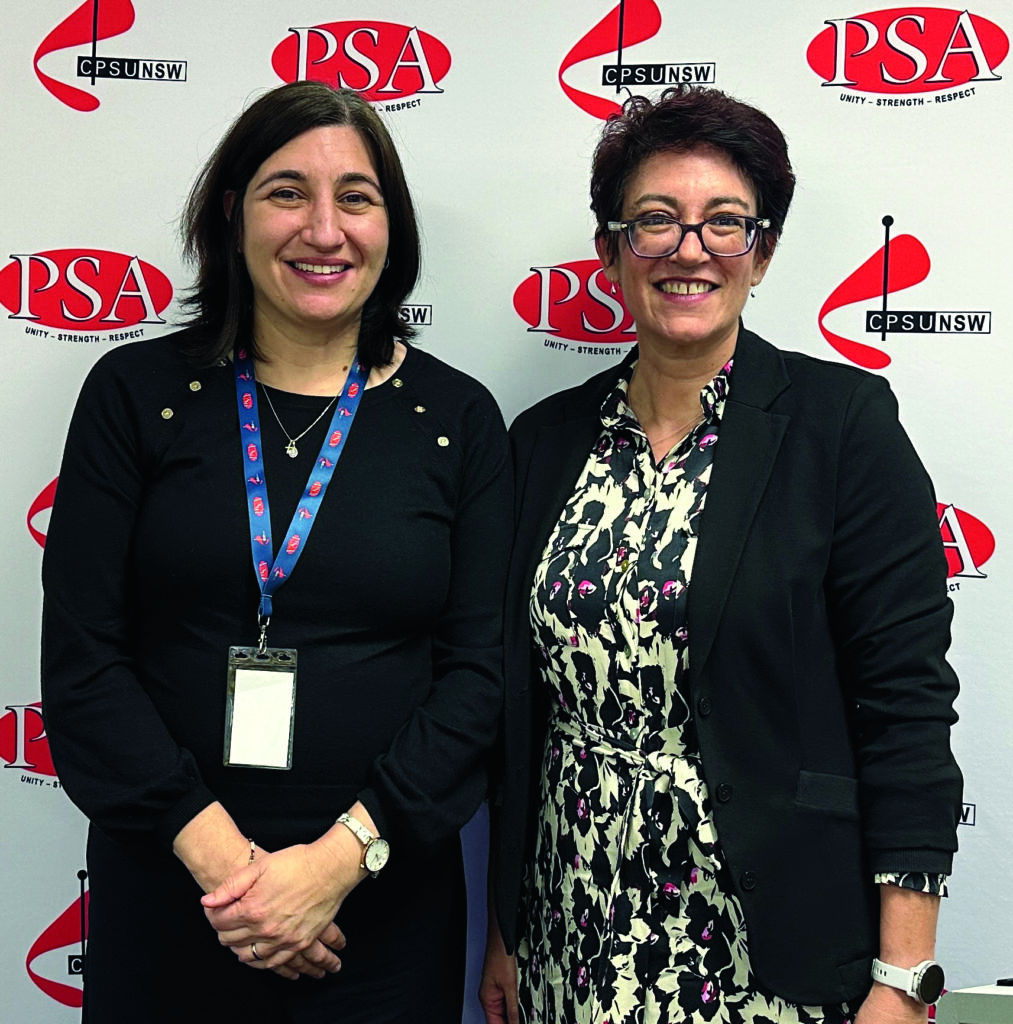
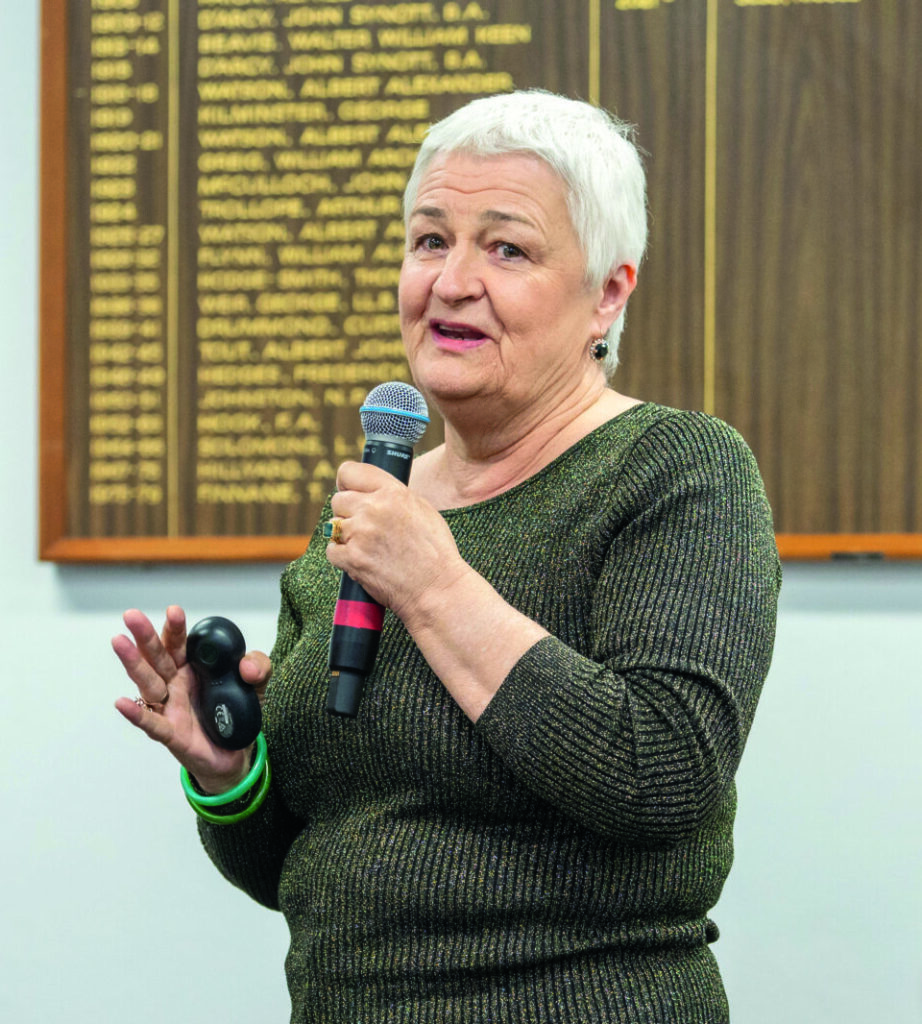
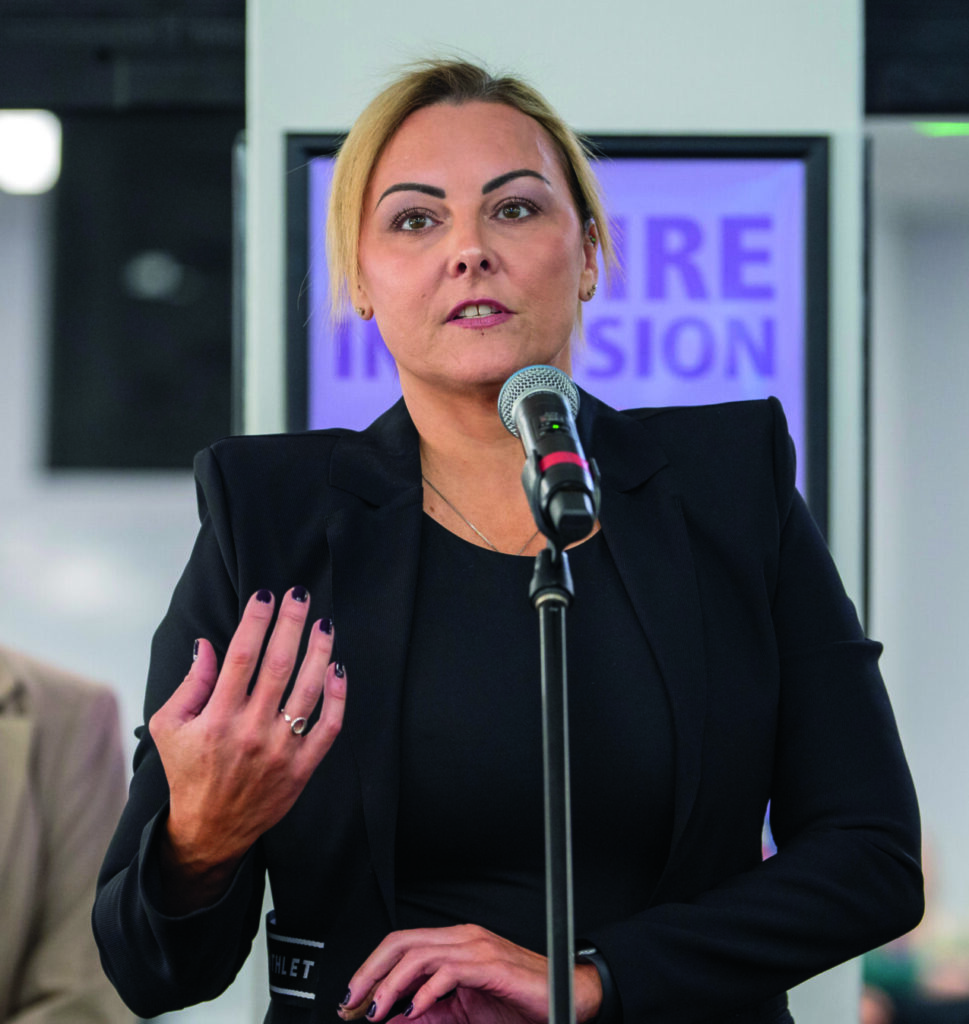
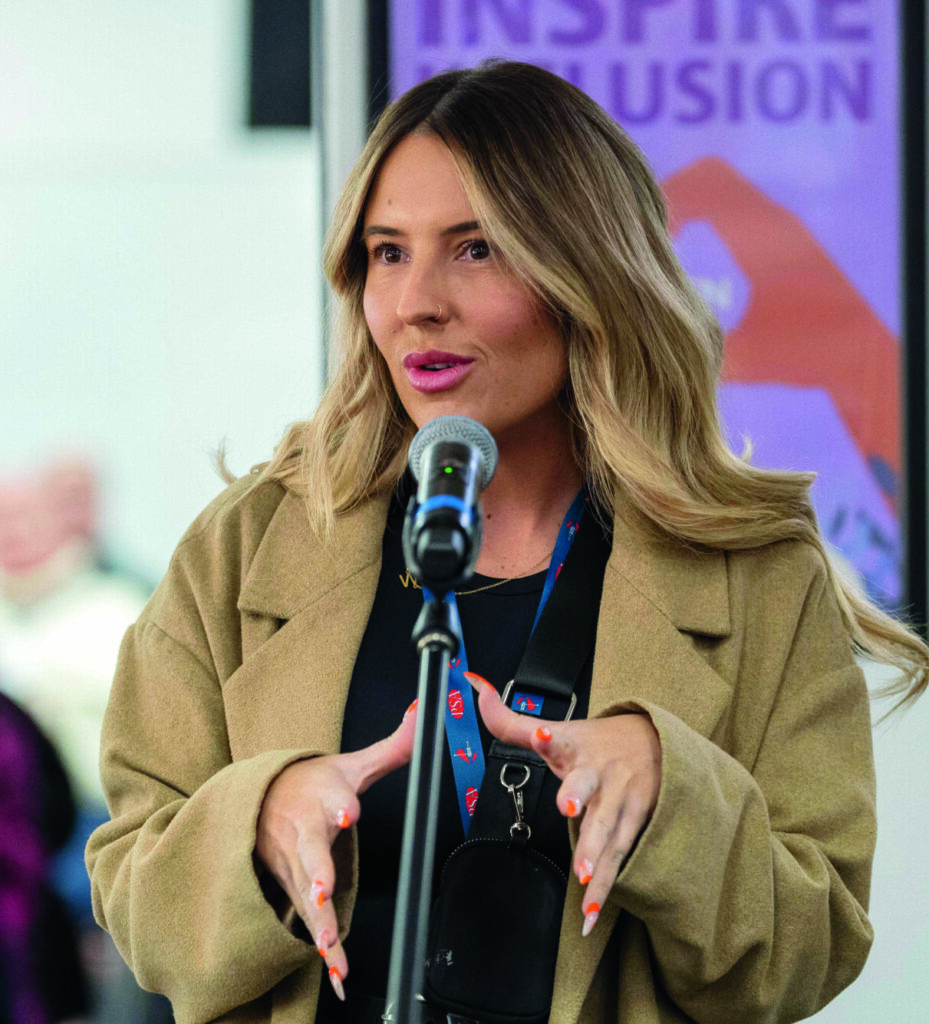
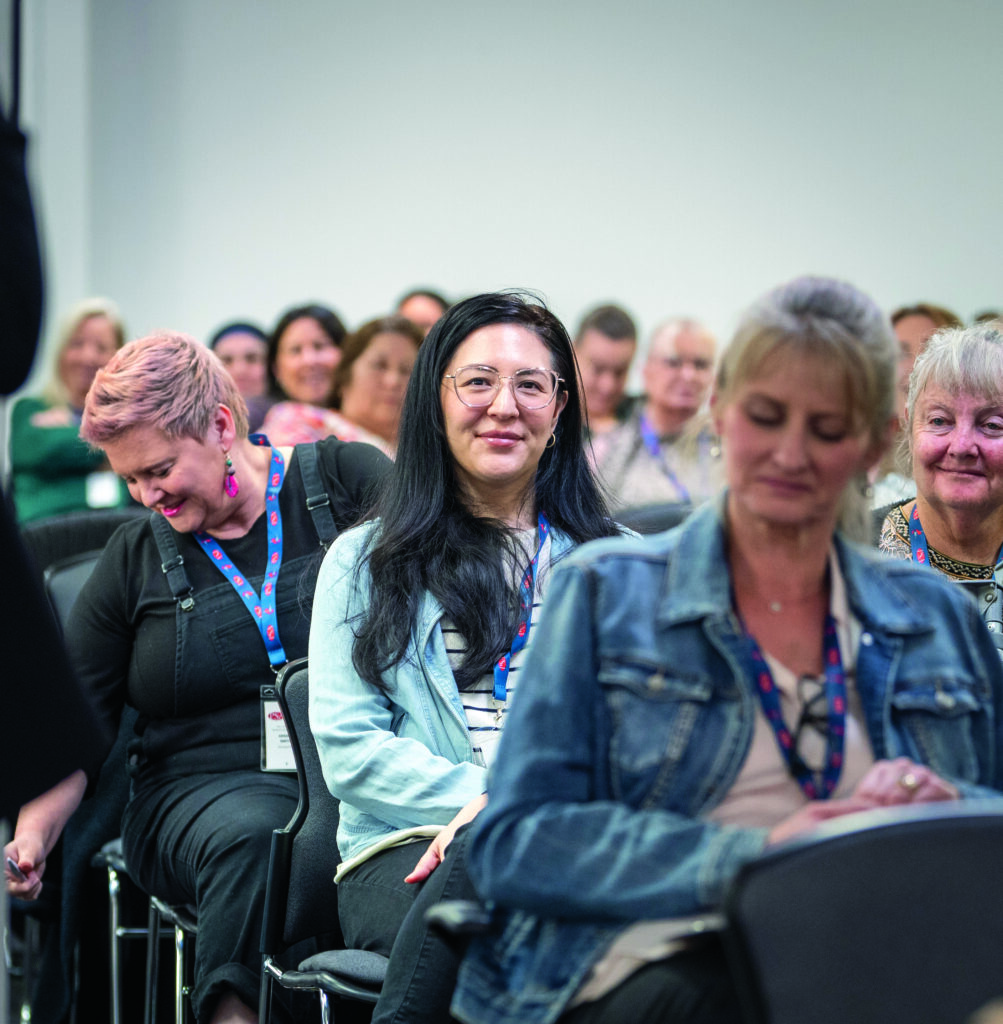



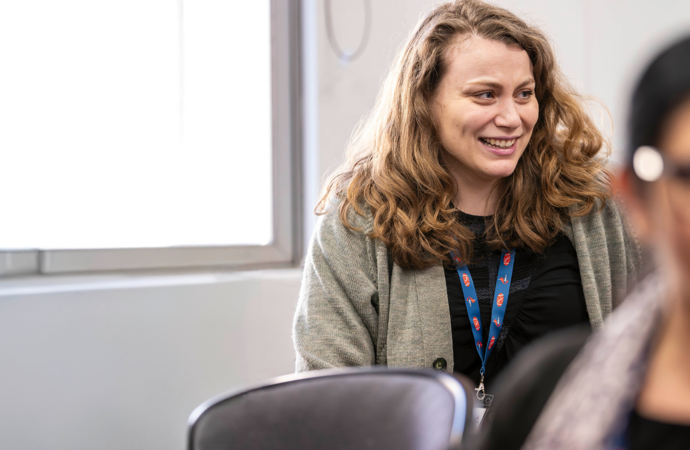




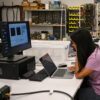
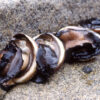



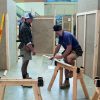
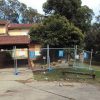
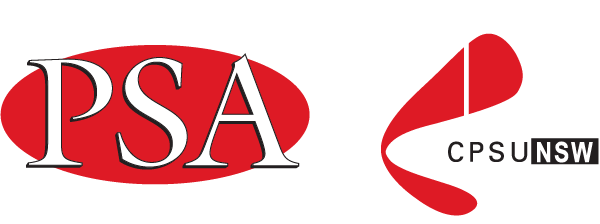
Leave a Comment
Your email address will not be published. Required fields are marked with *